Why Is Oral Health Important for Overall Health?

Understanding the Connection
Oral health is more than just having a clean and bright smile; it is deeply entwined with your overall health. The mouth can tell us a lot about what's happening in the rest of our body. This article explores the myriad ways that oral health affects systemic well-being, the importance of oral hygiene, and the implications of neglecting dental care.
The Mouth as the Gateway to Health

Importance of the Mouth in Digestion and Respiration
The mouth serves as the entry point for both the digestive and respiratory systems, playing a crucial role in overall health. Digestion kicks off here, where the act of chewing breaks down food into smaller pieces. This physical process is complemented by saliva, which contains enzymes that begin the breakdown of starches, preparing the food for further digestion in the stomach.
Breathing also takes place through the mouth, especially during exercise or when we need a larger intake of air. This allows for enhanced oxygenation of the blood, which is vital for all bodily functions. The structures within the mouth, including the teeth, gums, and tongue, facilitate not only eating and swallowing but also functions such as speaking and forming facial expressions. Keeping this area healthy is essential for preventing oral diseases like gum disease and tooth decay.
Role of Oral Structures in Health
Maintaining the health of various oral structures is critical for overall well-being. Poor oral hygiene can lead to bacterial growth that may enter the bloodstream, potentially resulting in systemic infections. The mouth's health serves as an indicator of general health; issues such as gum disease have been linked to serious conditions like heart disease, diabetes, and respiratory illnesses.
In essence, a healthy mouth promotes effective digestion and respiration, reinforcing the idea that what happens inside the mouth has broader implications for the body's health and functionality. Good dental hygiene practices, including regular brushing and flossing, play a vital role in maintaining this health and preventing serious complications.
The Interconnectedness of Oral and General Health

What is the relationship between oral health and general health?
The relationship between oral health and general health is significant and multifaceted. Poor oral health is associated with several chronic systemic diseases, such as cardiovascular disease, diabetes, and respiratory illnesses. For instance, periodontal disease can exacerbate these systemic issues, indicating a bidirectional relationship where general health impacts oral health and vice versa.
Oral health problems, such as gum disease, can lead to severe implications, including heart disease and complications during pregnancy. Additionally, these issues can amplify existing health conditions, making management more challenging. On the other hand, systemic diseases can lead to worsening oral health; for example, poorly controlled diabetes increases the risk of periodontal disease.
Furthermore, oral health problems can serve as indicators of overall health. Conditions like untreated tooth decay or gum disease can reveal underlying health issues. This interconnectedness underscores the importance of integrating oral health into broader healthcare strategies. Regular dental check-ups not only help maintain a healthy smile but also play a pivotal role in spotting potential health problems that could arise due to poor oral hygiene.
| Oral Health Issues | Associated Systemic Health Risks | Impact |
|---|---|---|
| Periodontal disease | Heart disease, stroke | Increased risk of heart attack. |
| Untreated cavities | Pneumonia, respiratory infections | Higher risk of lung infections. |
| Poor oral hygiene | Complications in diabetes | Difficulty controlling blood sugar levels. |
| Oral infections | Endocarditis | Severe heart inflammation possibility. |
| Pregnancy gingivitis | Premature birth, low birth weight | Increased health risks for infants. |
The Impact of Oral Care on Systemic Health
How does oral care impact overall health?
Poor oral care significantly impacts overall health by allowing harmful bacteria to thrive. Undetected issues can lead to oral infections, such as periodontal disease and tooth decay. Such bacteria can enter the bloodstream, resulting in systemic infections like endocarditis.
Research has established links between oral health and various serious conditions, including heart disease and diabetes. Specifically, oral germs can contribute to inflammation that exacerbates chronic illnesses.
Moreover, maintaining good oral hygiene is critical for pregnant women. Neglecting oral health can lead to complications, such as premature births and low birth weights. Regular dental check-ups not only support tooth and gum health but also aid in the early detection of broader health issues.
In summary, a healthy mouth is crucial for overall wellness. This demonstrates the need for good oral care practices to help fend off both oral and systemic diseases.
Importance of oral hygiene
Good oral hygiene practices, such as daily brushing and flossing, are essential. They help manage harmful oral bacteria, preventing decay and gum disease. Regular visits to the dentist allow for effective monitoring and treatment of potential issues before they escalate.
The following table highlights the interconnectedness of oral health and several systemic conditions:
| Systemic Condition | Oral Health Connection | Impact on Health |
|---|---|---|
| Heart Disease | Periodontal disease raises risk factors | Increases risk of heart attack and stroke |
| Diabetes | Poor oral health worsens glycemic control | Creates a cycle of worsening health |
| Respiratory Infections | Bacteria enter the lungs | Raises risk of pneumonia |
| Pregnancy Complications | Periodontal disease correlated | Linked to low birth weight and preterm labor |
| Alzheimer’s Disease | Gum disease may contribute | Higher chances of cognitive decline |
In conclusion, maintaining strong oral hygiene is vital for not only dental health but for systemic overall wellness.
Oral Health as a Predictor of Well-being

How is oral health a window to your overall well-being?
Oral health serves as a crucial indicator of overall well-being because the mouth is home to a complex ecosystem of bacteria that can enter the bloodstream if hygiene is neglected. Poor oral health can lead to serious health issues, including heart disease, pneumonia, and complications during pregnancy, as oral bacteria can spread and cause infections in other parts of the body.
Research indicates that individuals with periodontal disease have a higher risk of heart attack, stroke, and endocarditis, where bacteria infect heart tissues. Furthermore, chronic conditions like diabetes and osteoporosis can both impact oral health and be worsened by it, creating a detrimental cycle.
Emerging studies also suggest possible links between oral bacteria and neurodegenerative diseases like Alzheimer’s, highlighting the far-reaching effects of maintaining good oral hygiene on overall health.
Impact on physical and mental well-being
Good oral health is essential in numerous aspects of life, including physical, mental, and social well-being. It influences vital functions such as eating, communicating, and expressing emotions. Psychologically, poor oral health can diminish self-esteem and social confidence, affecting personal and professional opportunities.
Moreover, untreated dental issues can lead to significant economic burdens, such as increased healthcare costs and loss of productivity. Regular dental check-ups and good hygiene practices are paramount not just for a healthy smile but as a fundamental component of holistic health strategy, ensuring both physical and mental wellness is maintained.
Consequences of Ignoring Oral Hygiene

What are the long-term effects of poor oral hygiene?
Poor oral hygiene can lead to a variety of long-term health consequences. Chief among these is periodontal disease, which has strong links to serious conditions such as cardiovascular disease and diabetes. When oral bacteria accumulate, they can enter the bloodstream, potentially leading to harmful inflammation that raises the risk of heart attacks and strokes.
Moreover, inadequate oral care is correlated with increased risks of complications during pregnancy, including preterm birth and low birth weight. Evidence also suggests a connection between poor oral health and certain types of cancer, particularly in women, highlighting the extensive ramifications of neglecting oral hygiene.
Furthermore, chronic inflammation from gum disease doesn’t just stop at cardiovascular risks; it can exacerbate other systemic diseases like kidney disease and rheumatoid arthritis. The path from poor oral health to these conditions underscores the vital importance of maintaining good dental hygiene for both oral and overall health.
| Health Issue | Connection to Oral Hygiene | Impact |
|---|---|---|
| Cardiovascular Disease | Periodontal disease linked to heart issues | Increased risk of heart attack and stroke |
| Diabetes | Poor control linked to gum disease | Complicates diabetes management; reciprocal relationship |
| Pregnancy Complications | Higher risk of preterm birth and low birth weight | Adverse effects on both mother and baby |
| Cancer | Association with breast and lung cancers | Heightened risk in individuals with poor oral health |
| Neurological Disorders | Connections to Alzheimer's due to inflammatory responses | Progressive cognitive decline linked to gum disease |
Ensuring regular dental care is essential for avoiding these health issues and protecting overall well-being.
Oral Health in End-of-life Care

Why is mouth care important at the end of life?
Mouth care at the end of life is crucial for maintaining the comfort and dignity of patients. As individuals approach the end of their lives, saliva production often decreases, resulting in dryness and discomfort in the mouth.
Regular oral hygiene helps to keep the mouth clean and moist, which can significantly alleviate discomfort. A well-maintained oral environment can also enhance overall well-being, allowing patients to feel more at ease.
Strategies for effective mouth care are essential, enabling family members and caregivers to provide valuable support. This may include gentle brushing, rinsing, and using moisturizers to combat dryness.
Good mouth care plays a vital role in ensuring the quality of life for patients receiving end-of-life care, helping to preserve their comfort and dignity during this sensitive time.
Importance of comfort and dignity in terminal care
In terminal care, comfort and dignity are paramount. Patients often experience various challenges, including difficulty in communicating and swallowing. Maintaining oral hygiene can help mitigate these issues, allowing for improved interactions with loved ones.
Moreover, the emotional aspect of oral health impacts patients' psychological comfort. A clean and cared-for mouth can uplift mood and restore a sense of normalcy.
Patients receiving end-of-life care benefit from compassionate mouth care, making their final moments more peaceful and dignified. Regular attention to oral health is an important component of holistic terminal care, ensuring that comfort is prioritized.
The Broader Implications of Oral Health
Oral health is not just about keeping your teeth clean; it is intrinsically linked to your overall well-being. The importance of maintaining good oral hygiene is emphasized by its significant impact on chronic diseases, mental health, and societal interactions. By adopting consistent oral health practices and acknowledging the important role of dental care in broad healthcare strategies, we can improve individual health outcomes and reduce systemic health complications. Remember, a healthy mouth is a cornerstone of a healthy body.
References
- Oral health: A window to your overall health - Mayo Clinic
- Why Is Oral Health Important? Here are 4 Reasons
- Effect of Oral Health on the Community, Overall Well-Being ... - NCBI
- The Surprising Connections Between Oral Health and Well Being
- How Your Oral Health Affects Your Overall Health
- Oral health - World Health Organization (WHO)
- Oral Health - The Nutrition Source
- About Oral Health - CDC
- The Connection between Oral Health and Overall Health | Guardian
- How Oral Health Affects Overall Health — and How to Improve Both







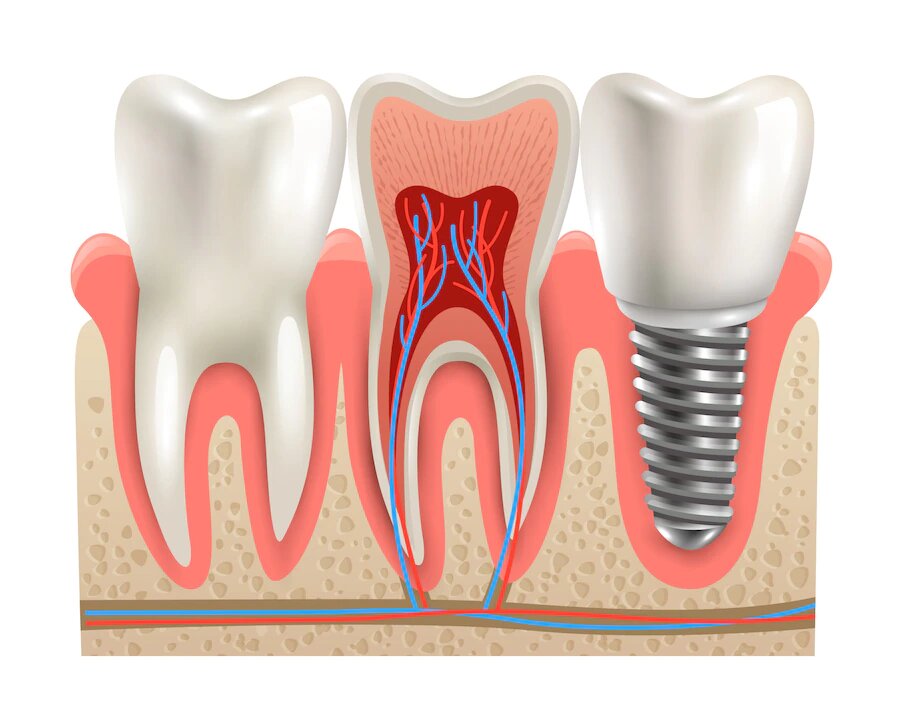










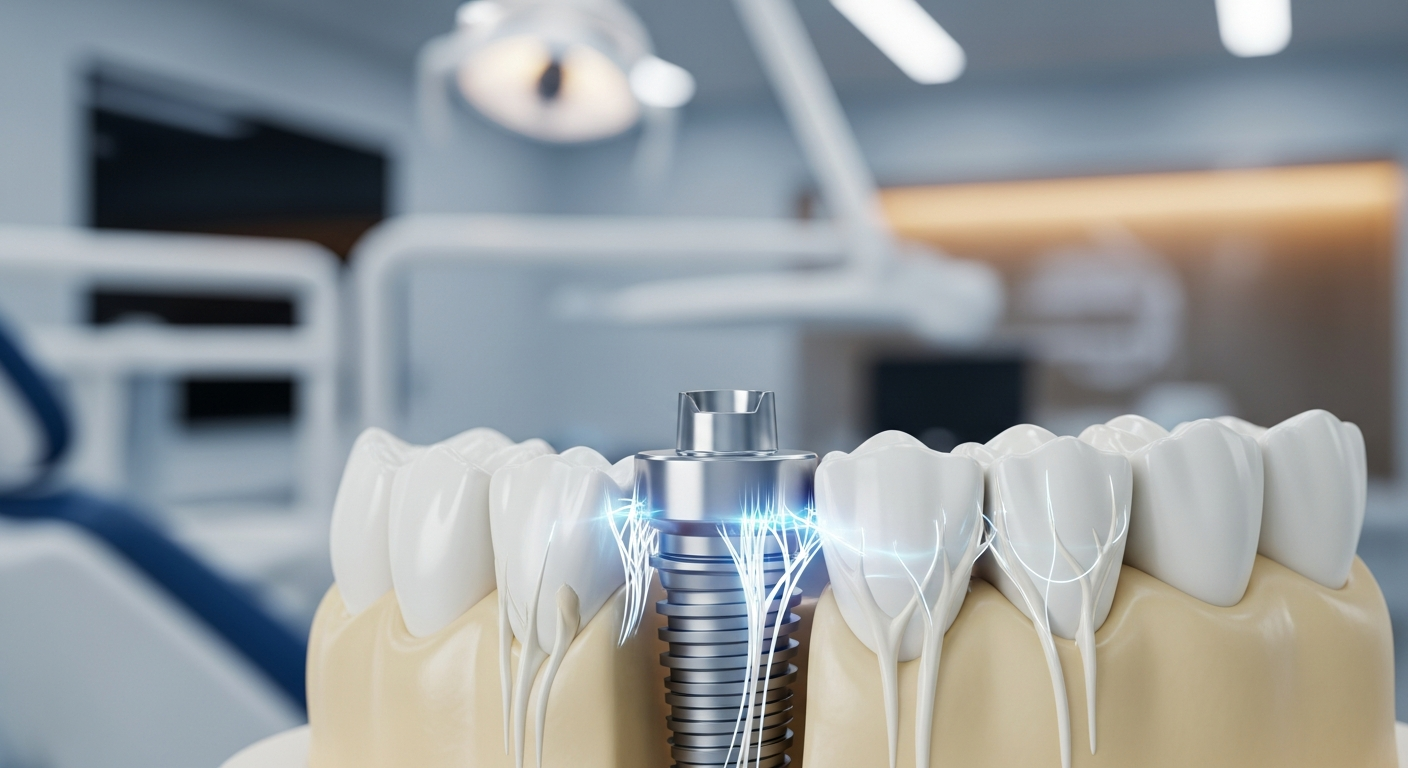






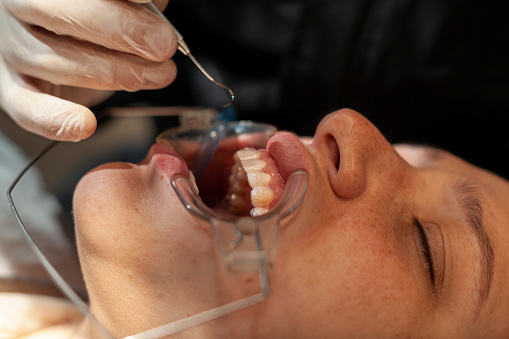

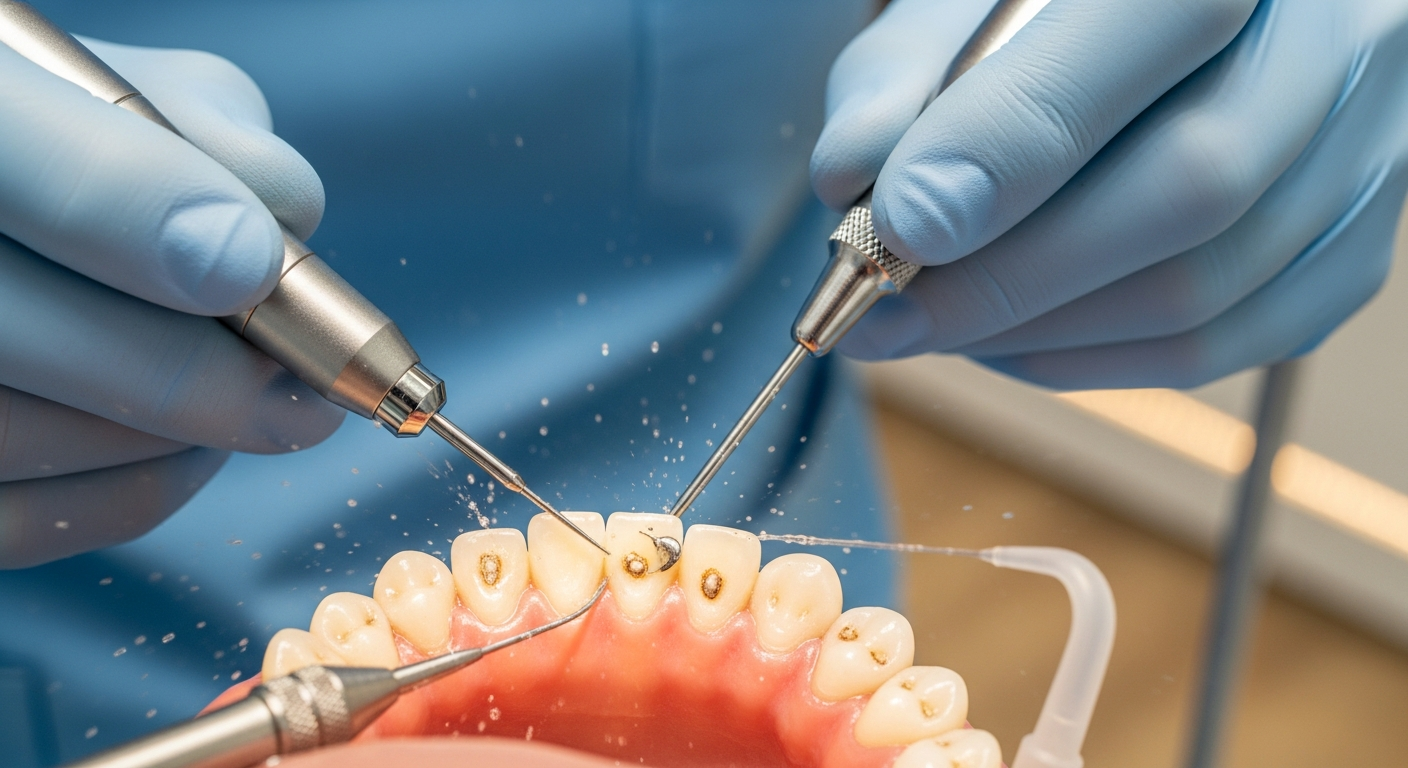





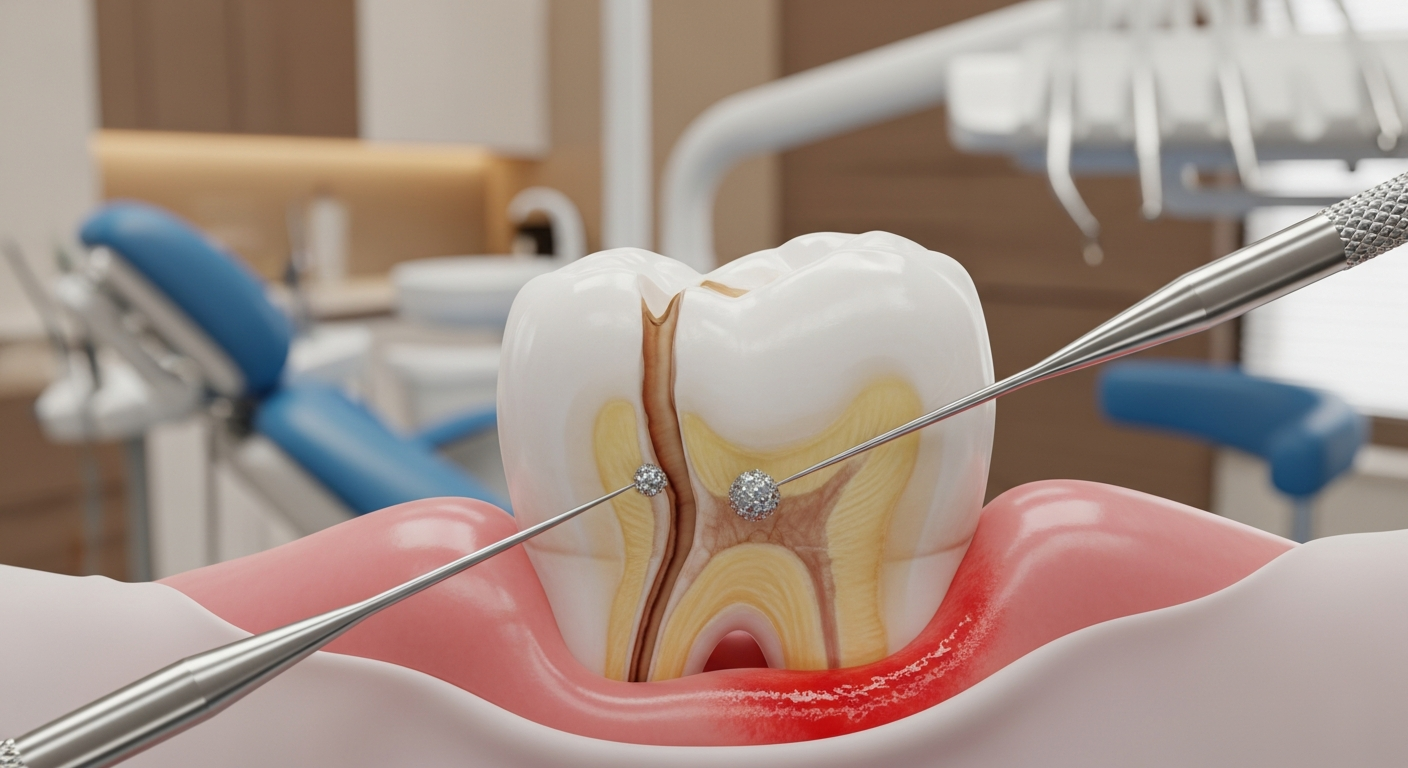




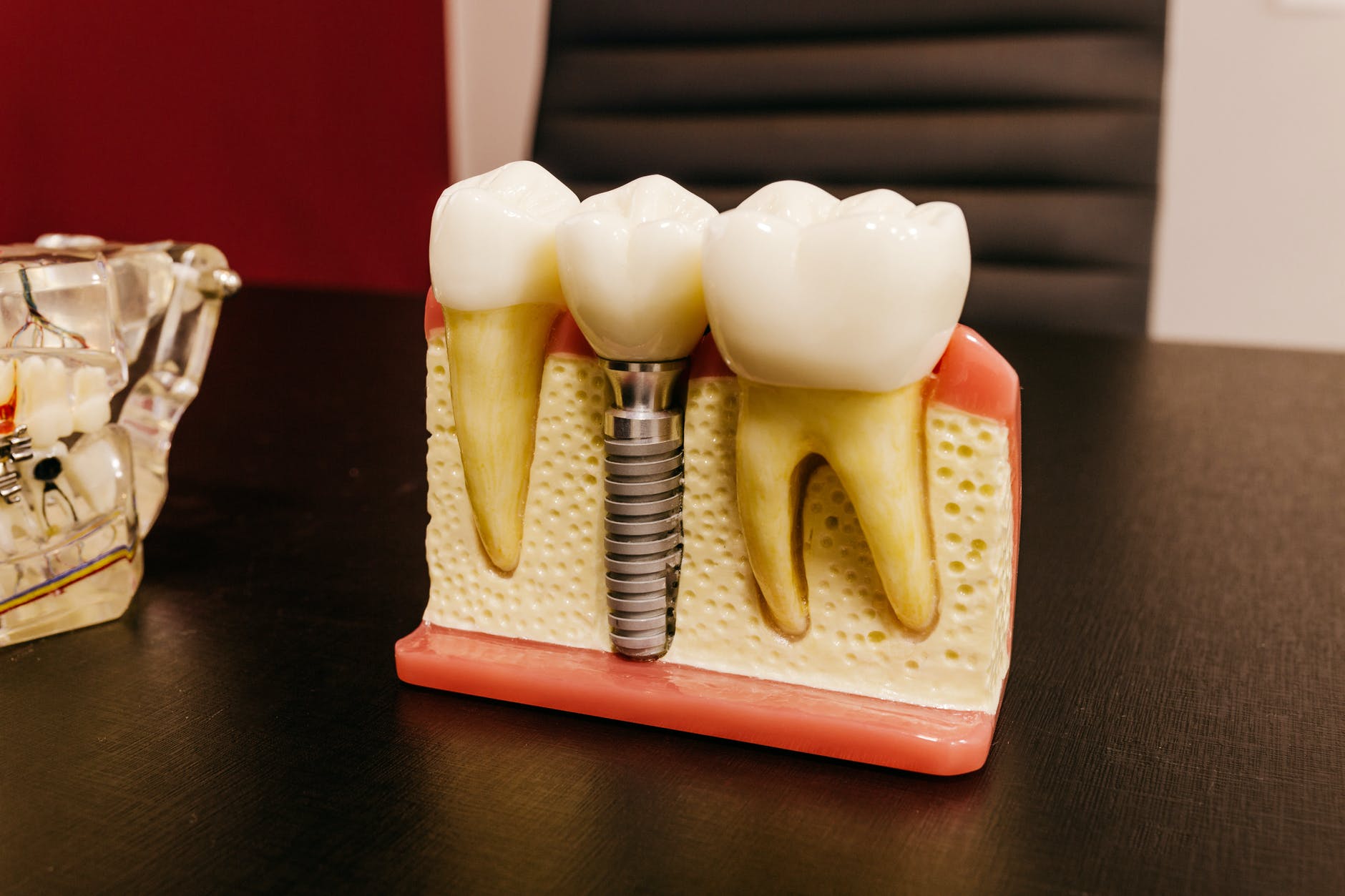


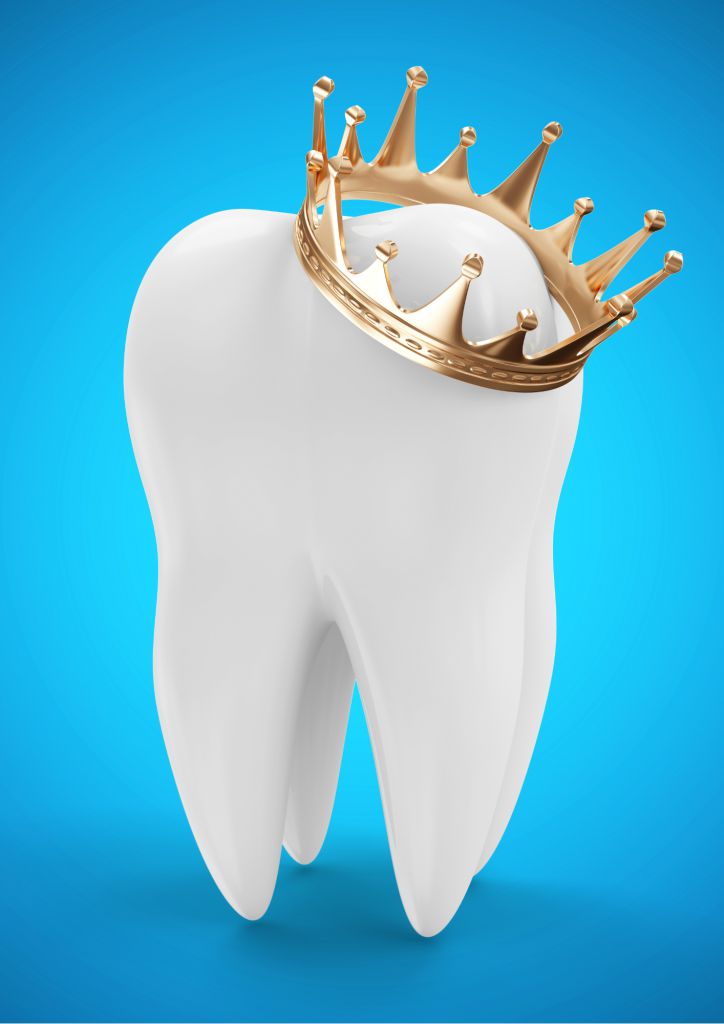







.avif)










.jpg)


















.avif)


















.jpg)


